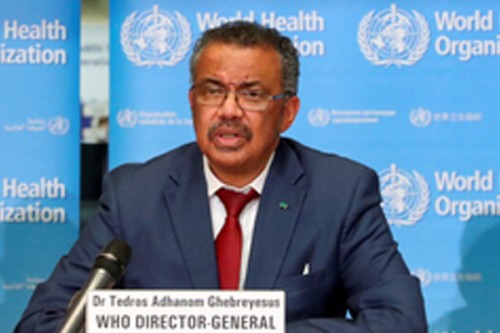WHO, multilateral development banks ink $1.5 bn primary health financing deal

New Delhi, Sep 24 (IANS) In a significant move to boost health in low and middle income countries, the World Health Organization (WHO) and multilateral development banks (MDBs) have launched a $1.5 billion primary health financing platform in 15 countries.
The landmark partnership under the new 'Health Impact Investment Platforms' aims to address the critical need for coordinated efforts to strengthen primary healthcare (PHC) in vulnerable and underserved communities to build resilience against pandemic threats like Monkeypox (Mpox) and the climate crisis.About 15 countries were identified as part of phase one. They include Burundi, Central African Republic, Comoros, Djibouti, Egypt, Ethiopia, Guinea Bissau, Jordan, Maldives, Morocco, Senegal, South Sudan, The Gambia, Tunisia, and Zambia.
“Primary health care is the most equitable, cost-effective and inclusive way to improve health and well-being, helping to keep people healthy, prevent diseases, and detect outbreaks at their earliest stage,” said Dr Tedros Adhanom Ghebreyesus, WHO Director-General.Ghebreyesus called the new 'Health Impact Investment Platform' as a “vital source of new financing” which will help “build climate and crisis-resilient primary health care”.The platform will work closely with the governments of these countries to develop national health strategies to boost their primary health. They will also prioritise investment opportunities that meet national health needs.The funding was signed at the high-level roundtable meeting in New York.The roundtable was attended by the partnership’s three founding MDBs -- the African Development Bank (AfDB), the European Investment Bank (EIB), and the Islamic Development Bank (IDB) --,WHO and the heads of state, as well as finance and health ministers from Djibouti, Egypt and Ethiopia. They were joined by the Asian Development Bank.While the EIB and WHO signed an initial contribution of 10 million euros to start the investment plans, the Islamic Development Bank and the African Development Bank are expected to follow soon, the global health body said.

|

|

